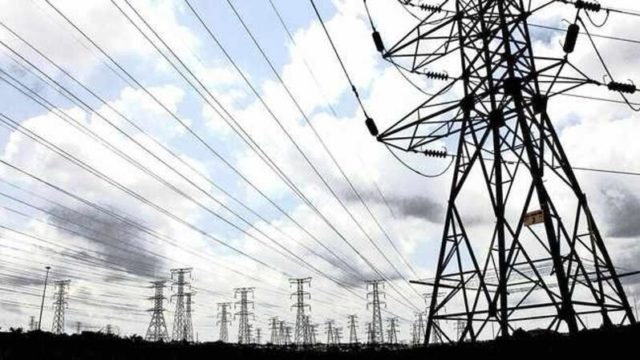“The municipal tariff increases cannot be justified, due to the level of incompetence and poor service delivery given to us by our municipality.”
CITY residents will be paying a whopping 14.59 percent more for electricity as from July 1, compared to the 6.22 percent increase that was implemented last year.
According to the 2021/22 municipal budget, rates, water, sanitation and waste will increase by four percent, compared to 5.5 percent in the previous financial year.
The average increase in municipal rates is 8.56 percent, compared to 5.8 percent last year.
Salaries at the Sol Plaatje Municipality were meanwhile increased by 4.1 percent, where the remuneration of councillors amounts to R34 million and employee-related costs add up to R836 million in the 2021/22 financial year.
Property rates increased by 7.7 percent, while zero increase was charged on property used by organs of state, places of worship and municipal properties. The property rates of independent schools will increase by 115.4 percent.
The secretary of the Sol Plaatje Community Forum, Tumelo Mosikare, pointed out yesterday that the price of electricity would increase from R1,77 to R2,03 per unit from next month.
“Consumers will have to pay R2.83 per unit if they exceed 350 units. The increases were adopted without consultation. Many residents rely on grants as their only source of income and cannot afford to pay these steep prices for a basic necessity.”
Mosikare proposed that electricity tariffs should be charged on a sliding scale based on the income of each household.
Mosikare believed that municipal salary increases should have been frozen in light of the unacceptably high electricity hikes.
Boyce Makodi from the Kimberley Action Group stated that they were in the process of drawing up an online petition to request that Sol Plaatje residents be allowed to purchase electricity directly from Eskom.
“The 14.59 percent increase in electricity will further ravish our pockets,” said Makodi. “The increase was introduced while the Covid-19 has taken everything from us and unemployment is high.
“The price increases cannot be justified, due to the level of incompetence and poor/lack of service delivery given to us by our municipality.
“While electricity is a major source of income for the municipality it should look at other alternatives to generate revenue instead of riding on the backs of residents. Infrastructure should be repaired that is contributing to water losses.”
Makodi indicated that they were hoping to finalise the petition before the electricity increases were introduced.
“The petition is accessible on our Kimberley Action Group Facebook page. If the local authorities fail to intervene, we are prepared to go to court.”
Makodi said that they were still awaiting a breakdown of how the R500 million that was allocated to deal with service delivery issues in the city would be spent.
“It appears as if the wool is being pulled over our eyes. Apart from a few potholes that were poorly patched, we have no idea as to how these funds are being utilised. We do not even see much activity from the teams that were sent out to each ward to fix water and sewage leaks and potholes.”
He added that they were calling on independent candidates to stand for the local government elections. “We need people in local government who take their mandate from the residents and not from a political party.”
The CEO of the Northern Cape Chamber of Commerce and Industry (Nocci), Sharon Steyn, said that the exorbitant electricity hike would chase away investment and business from the city.
“It is absolutely shocking and unacceptable and it is closing down SMMEs and small businesses. Established businesses are also feeling the pinch. Should businesses close their doors, the municipality will lose income that is paid by the business sector,” said Steyn.
“The municipality should explain to us exactly what we are paying for and how this increase is justified. Business was neither consulted or considered.
“Apart from load shedding, guest houses and tourism industry-related businesses are already having to close their doors.”








